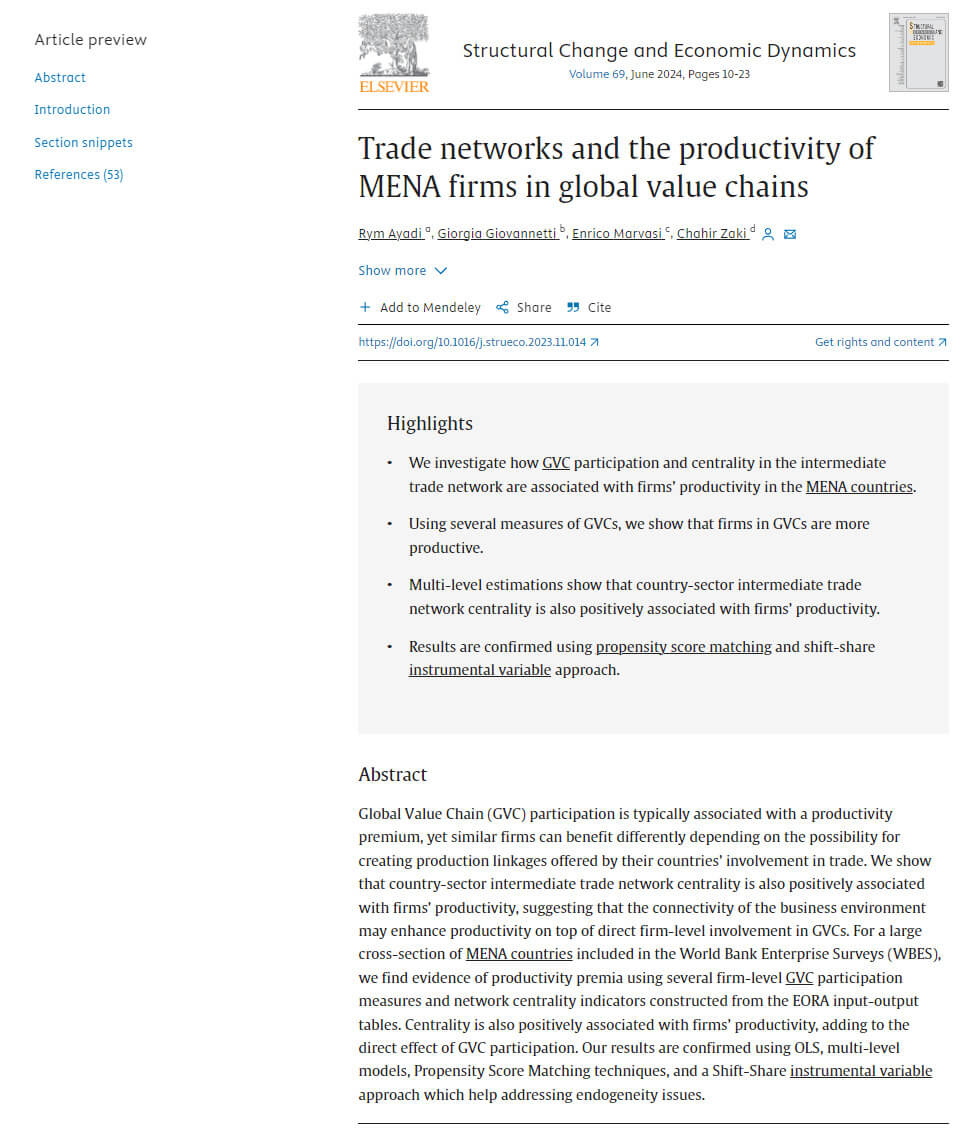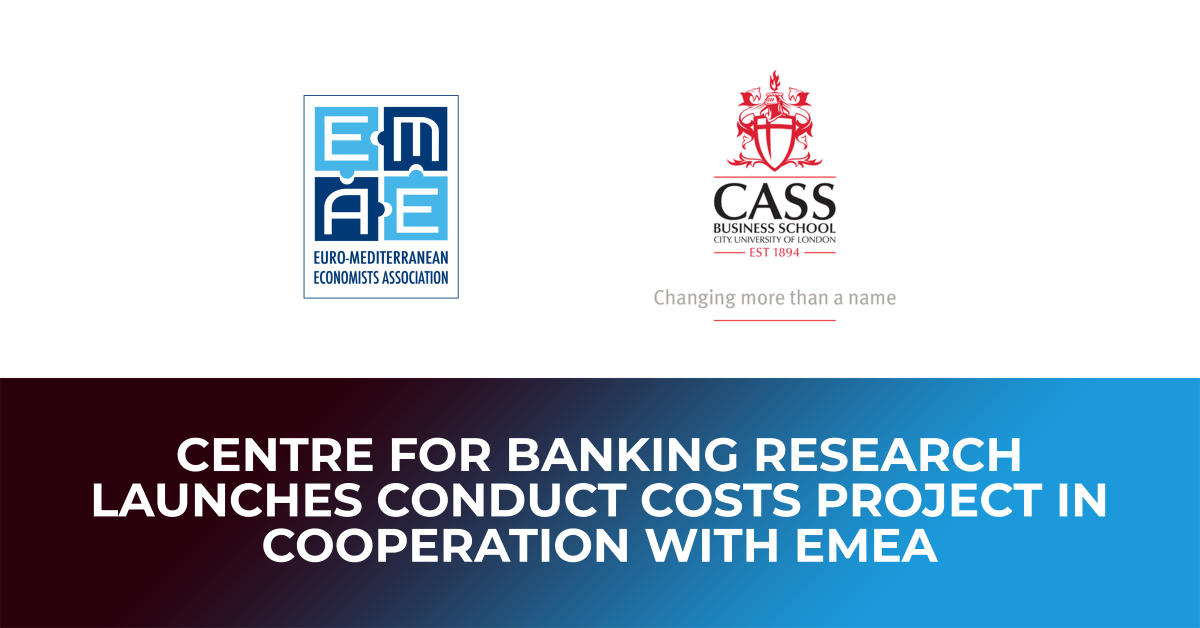The Centre for Banking Research (CBR) at the Business School (formerly Cass), partner of the Euro-Mediterranean Economists Association (EMEA) has launched the CBR Conduct Costs Project, which examines the causes, extent and costs of misconduct for 20 of the world’s leading banks.
Leadership of the project, started in 2012 at the LSE and from 2014 at the CCP Research Foundation, was transferred to CBR last year. The project, co-funded by the Euro-Mediterranean Economists Association(EMEA), aims to promote transparency in financial activity, bench-marking the level of conduct costs and conduct risk as an analytical tool for banks and their stakeholders.
The Project also provides valuable insight into banks’ culture, conduct, competence, and regulatory risks.
Drawing on data collected from 20 of the world’s largest banks between January 2008 and December 2018, the latest report reveals the total cost of bank misconduct to individual banks, geographical regions and the industry as a whole as a result of misdemeanours such as mis-selling, money-laundering and market abuse.
Key findings from the latest report include:
- Between them, the 20 banks have paid conduct costs in excess of £377 billion during the data collection period. This includes everything from fines, judgements, and settlements against the bank, to disgorgement of profits, costs of repurchasing securities at par and private actions that relate to misconduct.
- US banks incurred £202.5 billion – approximately 55 per cent – of these costs. UK banks paid £86.09 billion, more than twice that of Euro Area banks (£41.31 billion) and Swiss banks (40.19 billion).
- Nearly 60 per cent of the £377 billion total was attributed to regulatory directed redress, with banks spending to repair previous discretions or better comply with regulations.
- Conduct costs were most commonly occurred through corporate integrity-related regulatory breaches – conduct that undermines trust in the bank – or corporate conduct failings.
Professor Barbara Casu, Director of the Centre for Banking Research and Professor of Finance at the Business School (formerly Cass), said:
- “Banks are at the forefront of the global economy and society, so it is important that they engage positively in ethical and legal practice.
- “The Conduct Costs project seeks to use historical data to reveal industry shortcomings and provides a framework for good practice across the banking sector.
- “We are delighted to reveal our latest insights and look forward to developing further datasets.
- “Our main focus in the near future will be on European banks, and we hope this acts as a blueprint for helping banks reduce costs, improve transparency and inspire greater stakeholder confidence.”
Professor Rym Ayadi, President of EMEA, said:
- “The report seeks to provide stakeholders with a greater lens into a bank’s culture, conduct, competence and regulatory risk.
- “As we look to be entering another period of political and economic instability, banks will increasingly come under the spotlight again – as they were in 2008. It is vital that the sector maintains a level of compliance and stakeholder trust throughout periods of uncertainty.
- “The CBR Conduct Costs Project identifies where banks are falling foul of regulation, and in doing so can help reduce the risk – and costs associated – of failure to comply with standards.”
View the video of the event
Find out more about the CBR Conduct Costs Project and download a copy of the full report.





